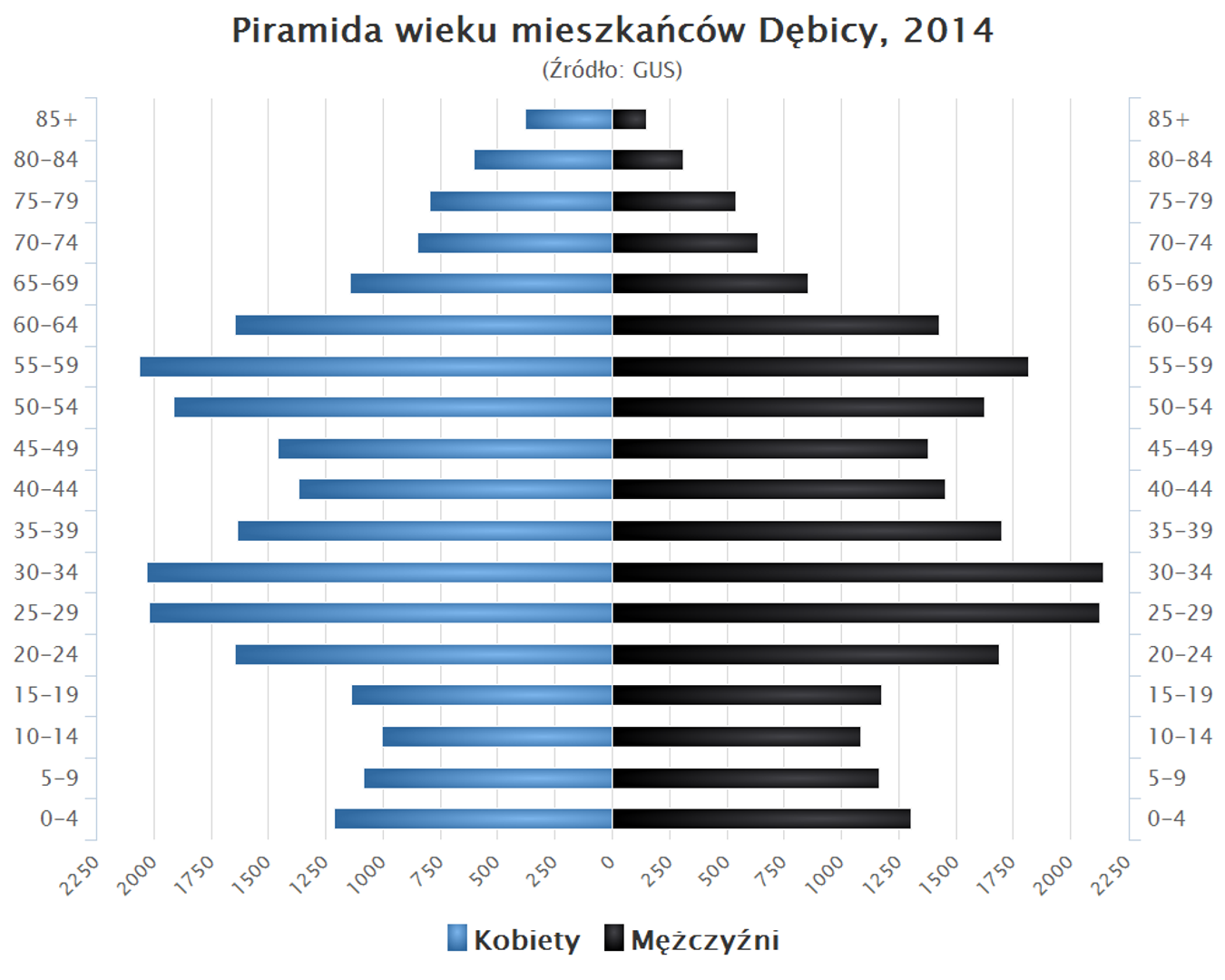Dębica
7.11

Overview
Dębica is a city in the Podkarpackie Voivodeship, the seat of Dębica County, situated on the Wisłoka River. Its history dates back to 1293, when the first mention of the settlement "Dambicha" appeared in historical records. In 1358, it received its town charter, but the city reached its peak development in the 16th century, becoming a center for craftsmanship. As a result of numerous invasions, including Tatar raids, Dębica was destroyed and declined to the status of an agricultural settlement in the 17th century. In the 18th century, it came under Austrian rule, which led to the loss of its town rights. After World War I, Dębica underwent reconstruction, becoming an important industrial center, particularly in the chemical and rubber industries, contributing to its demographic and economic growth. During the communist era, Dębica faced repression, but the city was quickly rebuilt after the war, and its industry attracted investments. Today, Dębica holds the status of a significant industrial hub, with numerous factories, including well-known brands in the rubber and chemical sectors. Among the historical landmarks of Dębica are the Parish Church of St. Hedwig, the parish cemetery, the city park, and the New Town Synagogue. The city offers a rich cultural scene, with museums, sports facilities, and recreational venues. Dębica is also known for its tourist trails that traverse picturesque landscapes, and the local tourism program also focuses on Jewish and wartime heritage. Transportation in Dębica is developing dynamically, with a well-connected road and rail network, as well as local public transport. The architecture is also noteworthy, including neo-Gothic and modernist buildings that reflect the city's rich history. As a dynamically growing city, Dębica combines its rich historical heritage with a modern lifestyle, creating an attractive place to live and visit.
Location
2026 Wizytor | All Rights Reserved